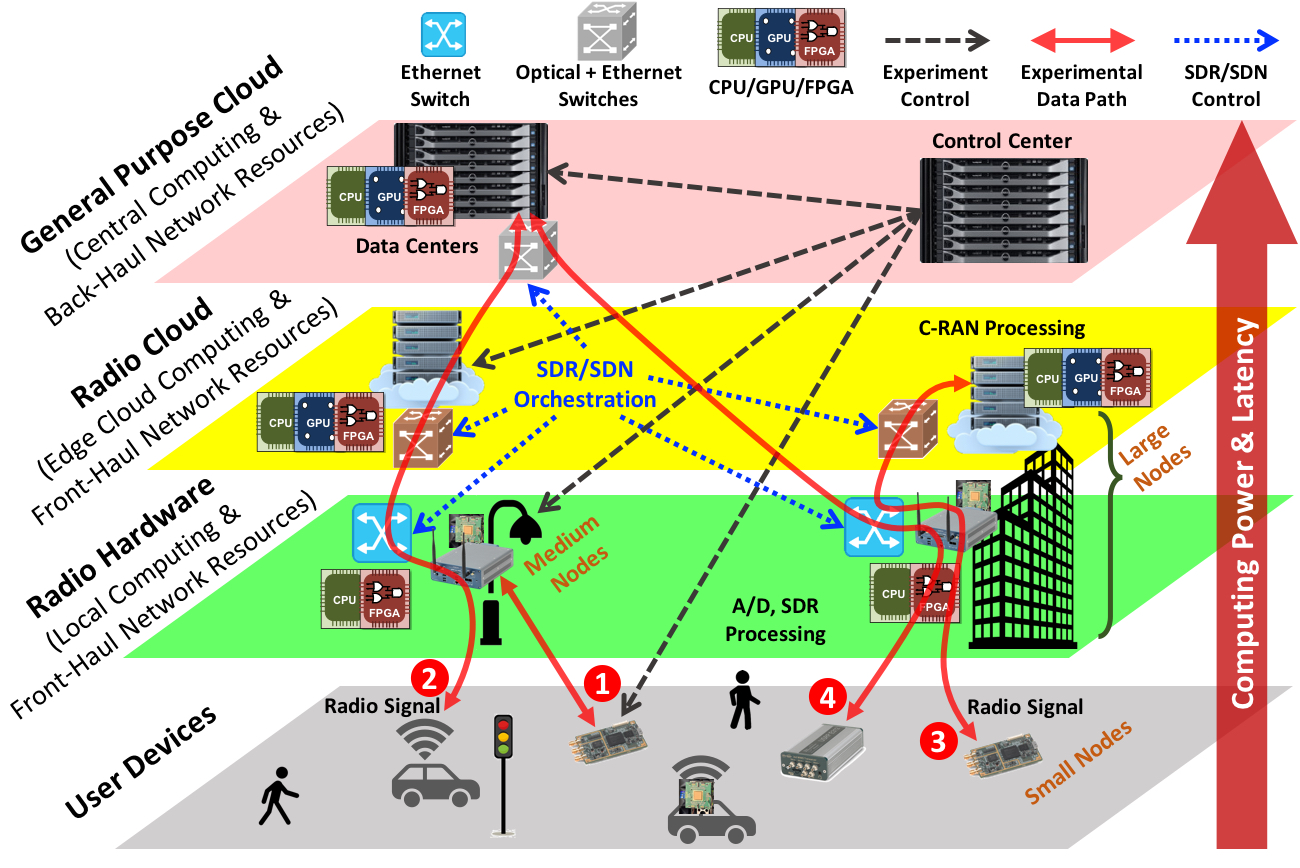COSMOS is part of the National Science Foundation’s PAWR program and is funded in part by NSF award CNS-1827923 and by the PAWR Industry Consortium.
Rutgers University.
Dipankar Raychaudhuri and Ivan Seskar
WINLAB
671 Route 1 South
North Brunswick, NJ 08902-3390
ray@winlab.rutgers.edu
seskar@winlab.rutgers.edu
Columbia University
Gil Zussman
Electrical Engineering, M.C. 4712
500 West 120th Street, Room 1300
New York, NY 10027
gil.zussman@columbia.edu
New York University
Sundeep Rangan
2 MetroTech Center, 9th Fl,
Brooklyn, NY 11201
srangan@nyu.edu




